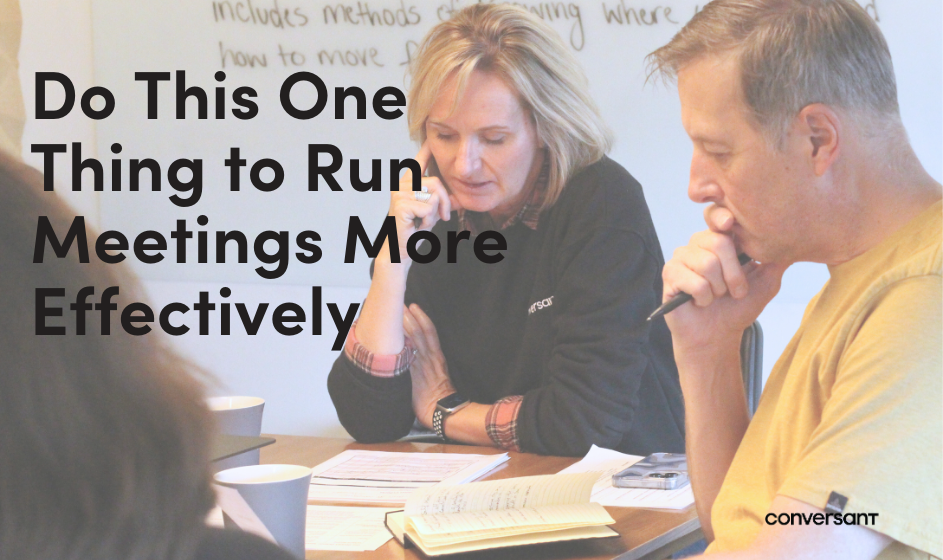Love and any talk about love have traditionally been excluded from our work lives. It’s too ‘touchy feely’; it’s too ‘soft’; it’s not ‘business oriented’ enough. Three years ago, I started talking about love as a leadership skill. I have a deep conviction about the potential of love to transform our organizations, and I believe it not only brings joy and reveals new possibilities but also produces meaningful, enduring impact. I’ve seen it. I’ve felt it. Love has the power to transform leaders, and they have the power to create joy-filled, satisfying work experiences for their employees. People that find meaning and joy in their work show up differently with their colleagues and customers. And oh, by the way, with their families.
Sounds like sunny-sided optimism and woo-woo BS you say? I get that. I really do. Let me tell you how this idea started.
For over twenty years, we have led a leadership development program called Credibility, Influence and Impact a few times a year. 10-20 leaders and executives from different global organizations spend three weeks together, spread out over 8-10 months. In the second week of every single program, the group will declare that they must be “the best group we’ve ever had” and that no other groups could have been so deeply connected as quickly as theirs. They’ll say Conversant must have been really smart in the way we selected participants to have this particular cohort be so magical.
One night a few years ago my colleague Richard McDonald and I were reflecting on this phenomenon. Why does every group think they are magical? What is it about this particular experience that for two decades so many leaders have reported it changed their life and their leadership? What is it that causes that level of deep connection among the participants? As we analyzed the work and the relationships it builds, the feeling it gives people, it boiled down to Love. Still, it’s a subject that business and organizational leaders just don’t want to talk about.
When I consider love in an organization, I think about how bell hooks defined it in her book All About Love, a definition she adopted from psychiatrist M. Scott Peck—Love as “the will to extend one’s self for the purpose of nurturing one’s own or another’s… growth.” bell hooks applies this lens to a wide array of applications from children, to justice, to romance. What happens when we apply it to our organizations and to our work?
This for me is a fundamental role of leadership: to nurture the growth of others. If we want our organizations to grow and thrive, everyone must be growing and thriving, and it’s the responsibility of leaders to create those opportunities for growth.
There’s another part of that definition – the will to extend one’s self. This is where the work of love comes in. In our workplaces, being a leader who loves means asking ourselves:
- Am I willing to let go of my own opinions to explore another’s for the sake of their growth or the organization’s growth (vs. defending my own ego)?
- Am I willing to courageously share feedback with others, prioritizing it over my own comfort? (When we say we’re worried about how someone will take feedback or input, what we really mean is we’re worried if we’ll be uncomfortable with their response.)
- Am I willing to take risks and support others in taking those risks for the sake of their own growth?
There is a small but meaningful nuance in hook’s definition: the will to extend one’s self for the purpose of nurturing one’s own growth. Applying this definition to leadership means loving leaders are also committed to developing and growing themselves. I said it earlier: If we want our organizations to grow and thrive, everyone must be growing and thriving. That means all the leadership, too. If you lead a team that you want to evolve, whether it’s a team of 2 or 20,000, it means you as leader also must evolve. So, a loving leader also needs to consider:
- Am I willing to let go of my own opinions to explore another’s for the sake of my growth?
- Am I willing to courageously invite feedback?
- Am I willing to be open and vulnerable about the places I know I need to grow for the sake of our collective growth?
It’s time to lean into love at work. It isn’t just soft. It’s what the challenges we’re facing today demand. We spend so much of our adult lives working. What if the leaders of those organizations brought love to their work as a commitment? What are we so afraid of? And what do we stand to lose if we don’t let love lead?




